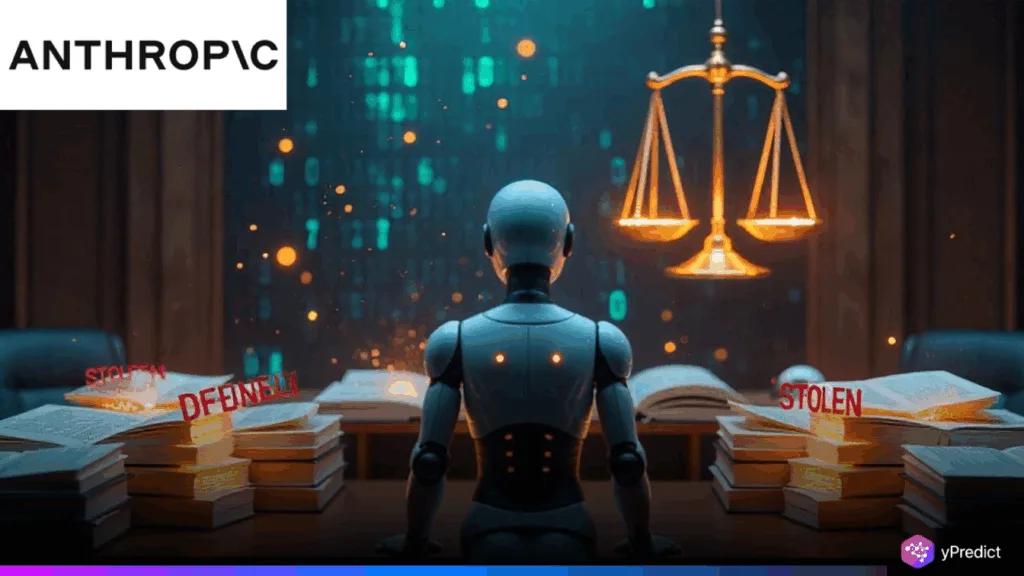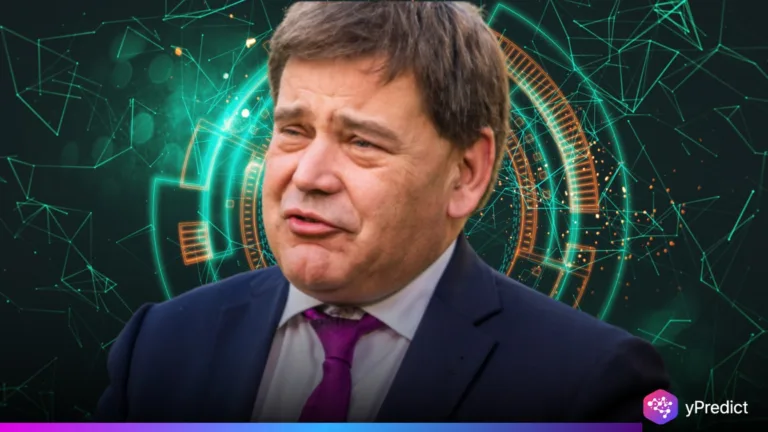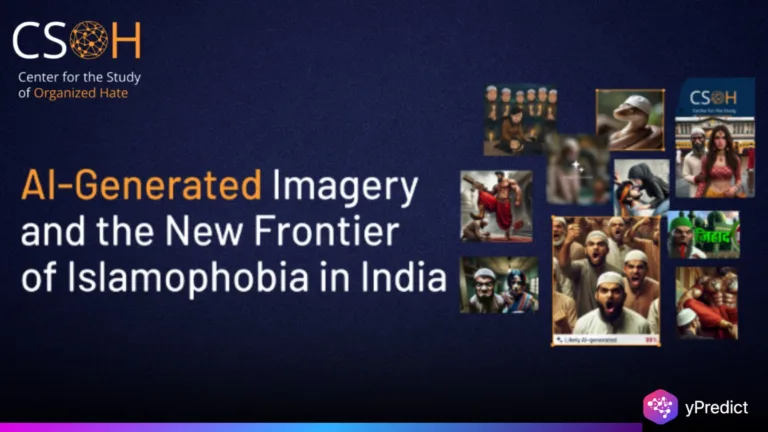
A large class action lawsuit has sued Anthropic, which produces the AI chatbot Claude, because it trained its models on up to 7 million stolen books. Certified in July 2024, the case may end up with a million or even a billion dollars worth of damages in case the allegations show that it is a willful copyright infringement. The court has already stated that the storing of pirated work is against the copyright law, though training on books under legal access may be admissible. It is a case showing an emerging legal conflict between the fast-paced freedom of AI innovation and the rights of creators of content. Its decision can establish a precedent for the way AI firms access and utilize copyrighted content in model training.
Background and Allegations of Unauthorized Book Usage
People have accused Anthropic of downloading millions of copyrighted books from the pirate sources Library Genesis and Pirate Library Mirror in 2021 and 2022, to train Claude, their assistant AI. The lawsuit serves three authors who have brought a case in which the company has infringed on these works without their consent and has circumvented the copyright provisions that are provided under U.S. law. These considerations allow the creators to have exclusive rights to reproduce and distribute their work.
This lawsuit is one of many lawsuits against AI companies that may now be held legally liable forr the manner in which they are obtaining training data. With the need for models such as Claude, GPT, and others demanding vast quantities of text to perform better, the pressure on accessing giant online repositories has increased. Most of these sources, however, are illegal, and using them creates very difficult legal and ethical issues.
Anthropic claims that training its AI based on “fair use,” a rule that Chellew-Eksner refers to as a legal defence to certain types of copying of copyrighted works, because of fair use. But the court has made a firm distinction: emergency use of content, with legality in receiving the content, may fall under fair use, but downloading the whole libraries of pirated works is simply a violation of the copyright. This difference may become the key element that defines the ultimate course of action regarding the case and further AI instruction levels.
Court Rulings, Copyright Law, and Industry Impact
On July 17, 2024, a federal judge certified the lawsuit as a class action, allowing the three named authors to represent all U.S.-based writers affected by the alleged piracy. This means that potentially thousands, if not millions, of books could fall under the lawsuit’s scope. The court decision significantly raises the financial and legal stakes for Anthropic.
In June 2025, the judge ruled that while training AI with lawfully acquired materials may fall under fair use, storing pirated content in a centralized “library” does not. This dual ruling clarifies a key point: if someone illegally obtains the source data, transformation alone may not shield AI developers from liability. Statutory damages for willful infringement could reach up to $150,000 per work, which could lead to billions in total liability if Anthropic loses.
The case is likely to impact other AI developers. Companies may face higher costs to license content, develop alternative data sources, or overhaul training procedures. While this could slow AI development, it may also encourage ethical standards and sustainable content partnerships. Industry watchers are comparing the case to past landmark copyright battles. The legal decisions emerging from it may establish a new framework that balances innovation with creator protections in the age of generative AI.
A Defining Legal Moment for Generative AI
The Anthropic suit is being set up as a potential watershed on the application of copyright law to AI creation. In this case, a class action was certified and filed, and the initial rulings dismissed fair use of pirated data storage, which might establish legal precedent regarding model training practice. There is a possibility that the AI firms will have to reconsider the means of data acquisition and may resort to licensed content and more transparent operations. To artists, it comes as evidence of increasing acceptance of intellectual property during the age of AI. Through these questions, decisions are being made by courts, and the ruling might determine how educators teach AI, who deserves to receive payments, and what restrictions will regulate the usage of the next-gen AI tools.







